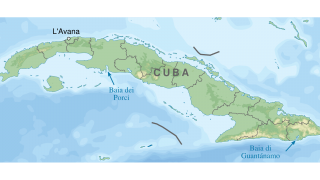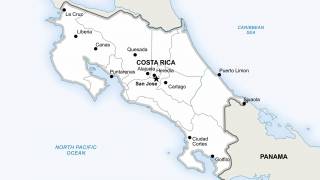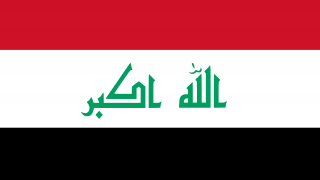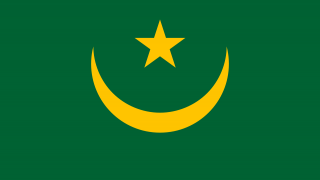Travel Alerts Issued for Africa’s Dengue Outbreaks

The US Centers for Disease Control and Prevention (CDC) issued a Level 1 Travel Alert regarding various Dengue outbreaks in Africa.
On December 23, 2019, the CDC’s ‘Practice Usual Precaution’ Travel Alert said ‘the countries listed below are reporting higher-than-usual numbers of dengue cases, and travelers visiting these countries may be at increased risk:’
- Benin
- Côte d’Ivoire
- Réunion (Located east of Africa)
- Tanzania
The CDC said in the Travel Alert ‘because dengue is spread by mosquito bites, all travelers to risk areas should prevent mosquito bites by using an EPA-registered insect repellent, wearing long-sleeved shirts and long pants when outdoors, and sleeping in an air-conditioned room or room with window screens or under an insecticide-treated bed net.’
Moreover, there is no specific treatment for dengue, but early detection and access to proper medical care lowers fatality rates to below 1 percent, says the CDC.
Dengue is common in more than 100 countries around the world, with about 3 billion people living in areas with a risk of contracting dengue.
Dengue disease can take up to 2 weeks to develop with illness generally lasting less than a week.
> Dengue Testing at UltaLabs <
The health effects of dengue include fever, headache, nausea, vomiting, rash, muscle and joint pain, and minor bleeding.
Dengue can become severe within a few hours.
Severe Dengue is a medical emergency, usually requiring hospitalization. In severe cases, health effects can include hemorrhage, shock, organ failure, and death says the CDC.
On December 26, 2019, a new study reported the ‘screen and vaccinate’ strategy is more effective in reducing the number of hospitalized and Severe Dengue cases.
Regarding diagnosing a potential dengue patient, the CDC suggests healthcare providers should review the patient’s past medical history and recent travel history.
The Dengvaxia vaccine is the only approved dengue vaccine in the USA and in about 20 other countries. Dengvaxia is indicated for the prevention of dengue disease caused by dengue virus serotypes 1, 2, 3 and 4.
The CDC suggests anyone considering a dengue vaccination should first speak with a qualified healthcare provider.
Previously, the CDC issued travel notices regarding various disease outbreaks in Africa, such as the following:
Dengue vaccine news is published by Vax-Before-Travel
Our Trust Standards: Medical Advisory Committee
























